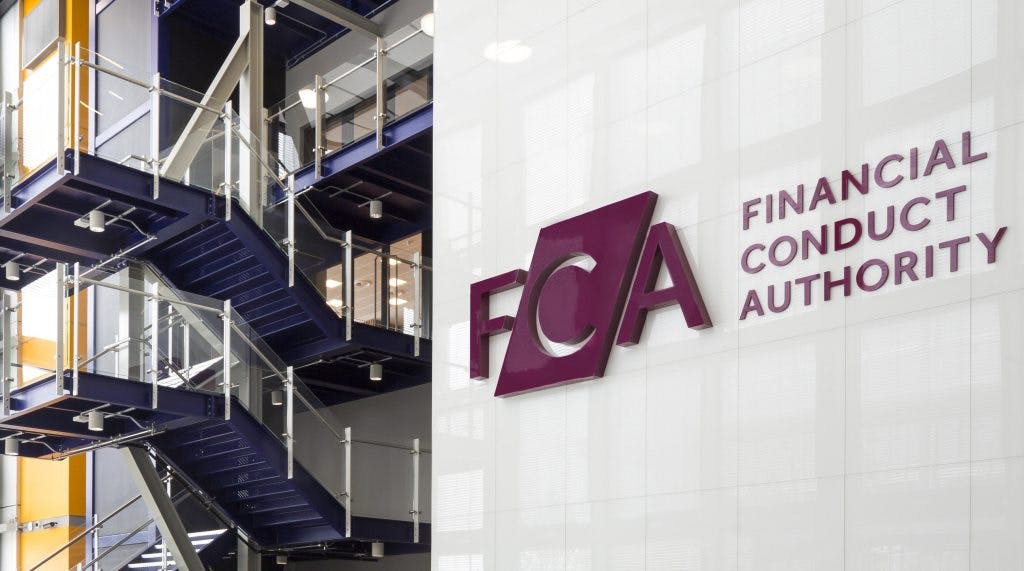FCA Takes Action to Protect Motor Finance Consumers: £165 Million Savings Expected

The Financial Conduct Authority is proposing reforms to end certain commission-based practices that allow car dealers and brokers in the UK motor finance sector to inflate interest rates, which can lead to higher costs for consumers, according to a press release on Tuesday (15 October 2019). This move is part of the FCA’s broader efforts to enhance transparency and competition in the industry, and is expected to save customers £165 million annually.
Christopher Woolard, FCA’s Executive Director of Strategy and Competition, said that the ban on the discretionary commission model is expected to increase competition in the market, leading to greater savings for consumers.
Stephen Sklaroff, Finance and Leasing Association (FLA)’s outgoing director general, advised in an interview with Automotive Management Online (AM Online) last month that the FCA has to ensure that any regulatory changes relevant to the recent study of the motor finance sector “don’t have unintended consequences”.
The FCA said it doesn’t expect the ban to “result in significant unintended consequences” for the lenders and brokers, considering that some firms recognised the harm caused by discretionary commission models, and have already avoided, or intend to avoid, using such a scheme. Some lenders who want to move away from these techniques have also expressed their concerns about losing their contracts with motor dealers to lenders who still employ discretionary commission models.
Open Consultation
The FCA is seeking feedback on its proposals for motor finance discretionary commission agreements (DCAs) and consumer credit commission disclosure, as outlined in Consultation Paper 19-28 (CP19-28).
The salient terms of the CP are as follows:
- Banning the motor finance discretionary commission models; and
- Making minor reforms to ensure consumers are provided with relevant information regarding commissions.
The public and other concerned parties have until 15 January 2020 to send in their comments on the proposed reforms.
The FCA intends to publish the final rules in the 2nd Quarter of 2020.
Banning Discretionary Commission Structures
Mr. Woolard highlighted that evidence suggests customers are at a disadvantage because of the commission structures used by some lenders in rewarding those who sell motor finance.
Currently, some motor finance brokers are getting commissions based on the interest rate that customers pay, and also have the freedom to set the rates. Some examples of these discretionary commission models are:
- Increasing Difference in Charges (DiC), where the lender and the broker agree to a minimum interest rate, and the commission is based on the difference between this minimum and the actual interest rate payable by the customer
- Reducing DiC, which is similar to Increasing DiC but the broker and the lender agree to a maximum rate
- Scaled commission models, where the commission varies based on the interest rate, but within agreed-upon conditions
The FCA has determined that the widespread use of this type of commission encourages brokers to increase rates that may not align with the best interests of customers.
The proposed ban on this type of commission will remove the financial incentive for brokers to increase customer interest rates, and will also give lenders greater control over the prices motor finance customers pay, the FCA explained.
The ban on the discretionary commission models is currently limited to the motor finance market, and does not include asset finance, premium finance, and other markets.
Once the final policy is published next year, companies are given three months to implement the ban on discretionary commission models.
Clarifying Commission Disclosure Rules
The FCA is also proposing minor adjustments to the Consumer Credit sourcebook (CONC) to clarify the rules regarding commission disclosure. These proposals aim to ensure that customers are given more relevant information when informed about the commission they pay, and to provide finance companies greater certainty on their compliance requirements.
A mystery shopping research exercise conducted last year by the FCA revealed that only a small number of brokers informed the consumer that a commission could be received for arranging motor finance. When disclosures were made, they were often not clearly presented.
The FCA acknowledged that this lack of, or incomplete, disclosure is partly due to their rules not being sufficiently clear about the requirements.
The proposed changes don’t just apply to the motor finance sector, but to all consumer credit markets as well.
A draft of the proposed changes to the CONC Handbook is available in the Appendix 1 of the CP19/28 document.
The proposed reform will be implemented on the day the policy is finalised.
Responding to the Consultation Paper
Interested parties can send their feedback on the Consultation Paper 19-28 (CP19-28) through the following:
Feedback Form: www.fca.org.uk/cp19-28-response-form
In writing:
Policy Consumer Credit
Financial Conduct Authority
12 Endeavour Square
London E20 1JN
Email: cp19-28@fca.org.uk
Telephone: 020 7066 9388
FCA’s Work in the Motor Finance Sector
The FCA has undertaken extensive work in the motor finance sector as part of its operational objectives to secure a degree of protection for consumers.
In its Business Plan 17/18, the FCA disclosed its plan to conduct an exploratory piece of work into the motor finance industry over concerns that there may be potential conflicts of interest, irresponsible lending, and a lack of transparency in the sector.
The FCA published its initial finding in an update report in March 2018, and also pledged to dedicate the remainder of its review to the issues of "greatest potential harm" to consumers.
After a year, the FCA published its final findings, which included the following:
- Rampant use of commission models where brokers gain commission based on customers’ interest rates, and has broad discretion to set the interest rates at the customers’ expense; and
- High levels of non-compliance with some of the existing commission disclosure as required in the CONC.
The Financial Conduct Authority oversees around 42,000 businesses in the UK’s finance market with the operational goals to protect consumers, support and enhance the market’s integrity, and foster healthy competition in the interest of consumers.
